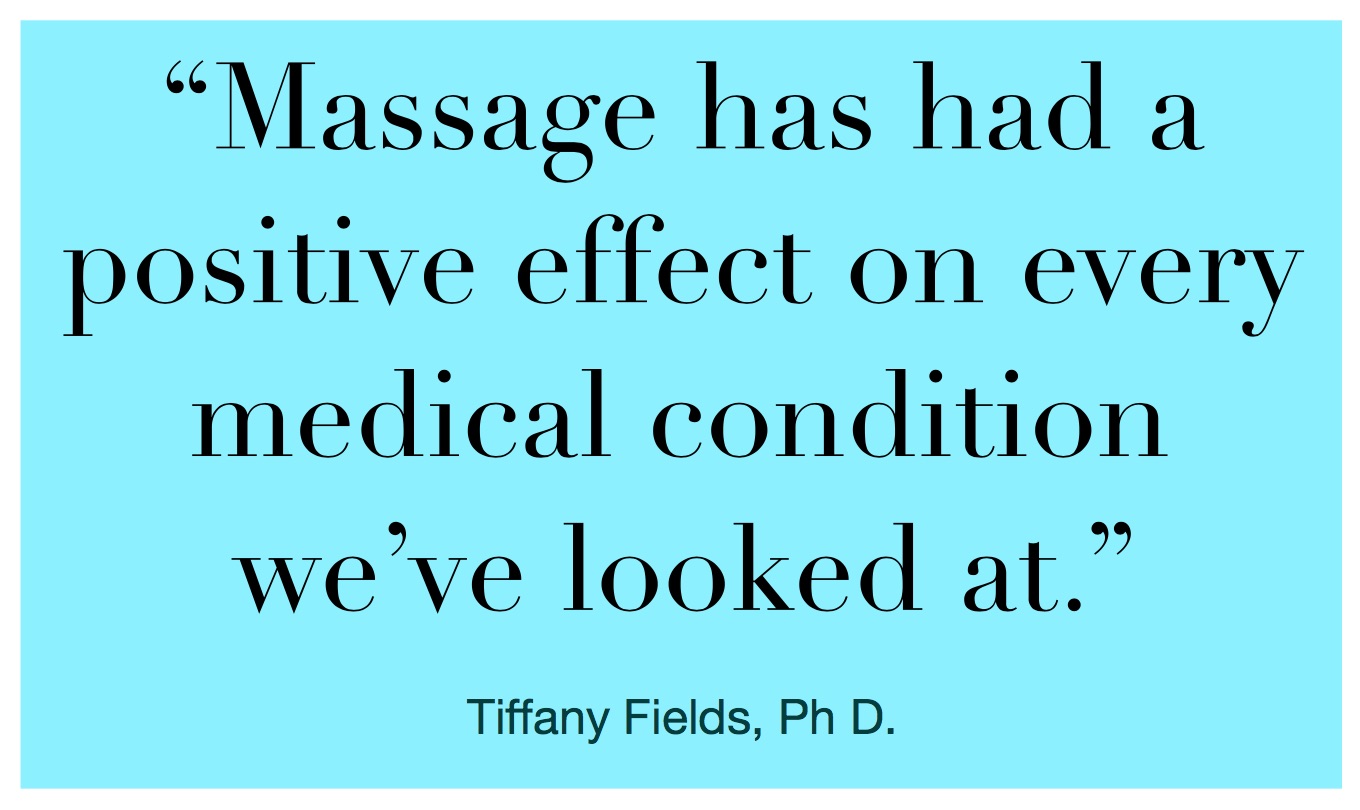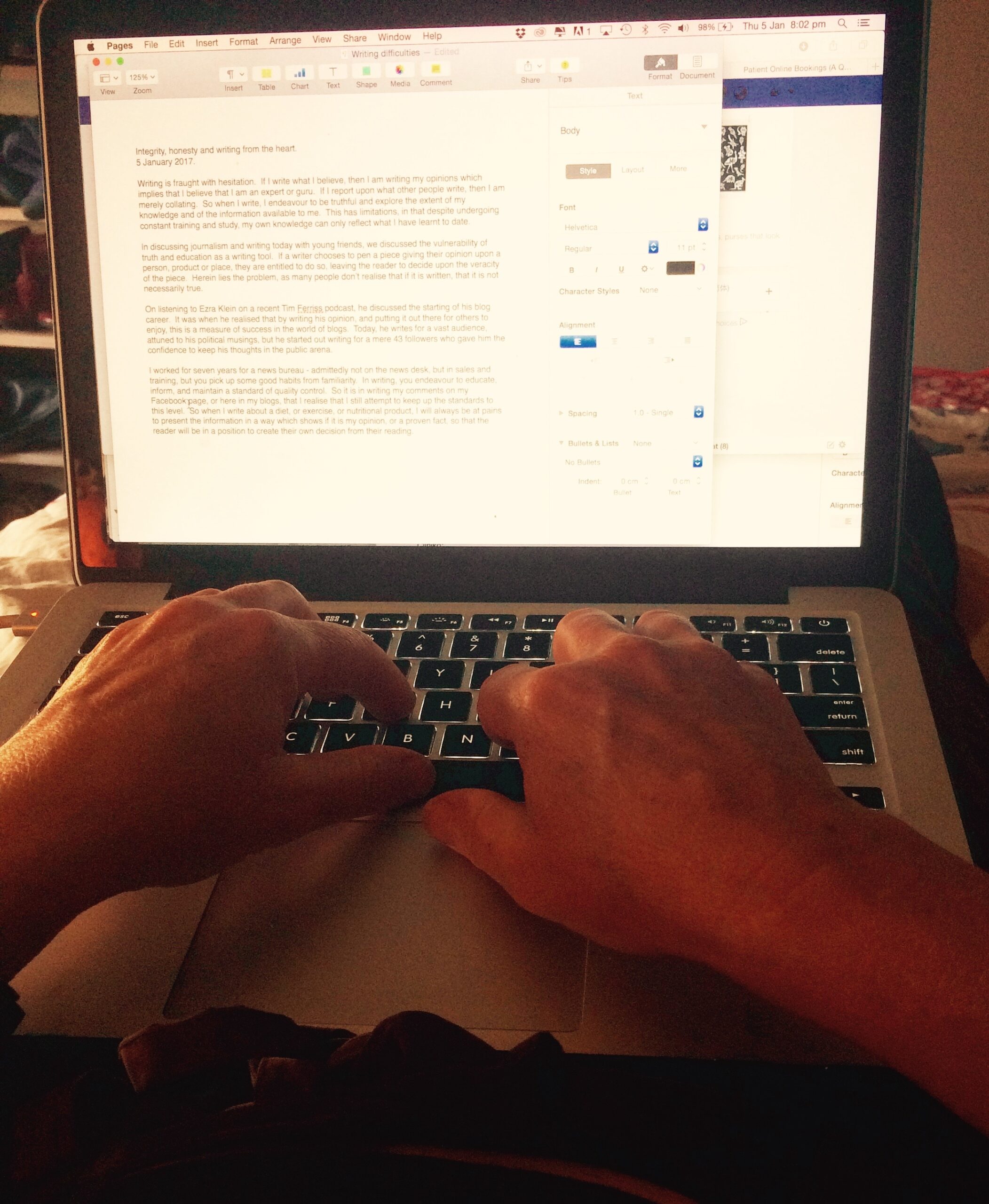How to stop clenching your jaw.
“And they gnashed their terrible teeth…” Maurice Sendak. Where The Wild Things Are.
Clenching your jaw, or grinding your teeth, is known as “bruxism”. It is commonly accepted as being a response to stress, and it’s something which I see all the time in clinic. It’s also one of the first things which I counsel people to stop doing, when I see headaches, tight neck muscles, and poor sleep. The problem is that most of the time, we do this in our sleep and even with the best of intentions, it can be difficult to stop an action which you are genuinely unconscious of performing.
The usual suggestions for how to combat this problem include:
- a splint, or a plate, commonly suggested by dentists, frequently quite expensive, and often of little benefit to the jaw, although it can protect the teeth. In some cases, these are designed to move the jaw if there is also sleep apnoea. It is something which may require further investigation from someone well versed in cranial and vertebral body work, if the jaw is moved. Does it stop the clenching? No.
- Botox to the masseters (muscles in the jaw) which weakens the muscles to stop the action from taking place. Does it address the original reason that you were clenching? No. Will you likely start to clench again when it wears off? Yes.
- Taking magnesium or other herbs to help relax the muscles and support the nervous system, so that what ever stress you are experiencing is reduced, which can reduce the inclination to clench. Does it help? Yes, but the habit of clenching can remain.
- Dealing with the stress, or whatever is causing you to clench in the first case? Great idea, and essential to take on as a goal, but in the meantime, it may be worth trying to manage the physical aspect of the jaw tightness.
I have often talked with patients about this problem. During a remedial massage, I often find myself working the neck and jaw muscles of the people who come in, to help them to manage their stress. It is also a problem which I discuss regularly with patients who suffer from sinus pain, or ear ache, as any tightness experienced in the neck will be made even more tight by clenching the jaw, as they are closely located. Whilst clenching may not be the cause of problems in this region, it is important to rule it out.
The instructions which I give for this type of problem is two-fold. One, is to reduce the muscle tightness, but the the second is to try to teach yourself to stop doing it, particularly overnight.
How to reduce tightness in the face and jaw:
- Open your mouth and relax your jaw. Stretch your mouth open, then shake your jaw with your mouth open (creating a delightful slack-jawed yokel impression).
- Keep your jaw relaxed. Try to allow your jaw to drop, but keep your lips together.
- Press and hold your fingers under your cheekbones starting from the top, pushing in with two fingers, rotating a little and holding if it feels tight. Hold for around 30 seconds, until it releases, then move down and repeat this press and hold a few centimetres further down the cheek bone.
- Push up on the cheek bones – this may relieve sinus pressure and improve blood flow.
- Placing your finger on the jawbone, repeat the action of press and hold along the jawbone, pausing on every tight or painful area. Only use the pressure of two fingers.
- It may also help to continue the actions of press and hold around the mouth, to allow the gums and muscles of the jaw to release and relax.
- Shake your jaw again, close your lips, and breathe. In and out through your nose, feeling your jaw drop and relax and feeling the muscles in your jaw and neck relax and allowing for blood flow. Continue with the breathing exercise for a minute.
This can be done every day, before you start work, if that’s when you start to clench. It is also important to this at night before going to sleep, to allow you to relax at night. For quality sleep and to stop over night clenching, employ the following tactics:
Repeat the steps 1-7 as above. Add the following, whilst in bed:
- Close your eyes.
- Breathe in, and relax your jaw. Relax your tongue. Breathe out.
- Breathe in, and relax your hands. Spread out your fingers, let them relax. Breath out.
- Breathe in, and relax your scalp. Feel as though someone is stroking your hair, down from the crown of your head to the neck. Breathe out.
- Breathe in, rotate your shoulders, let them relax down to a natural level. Breathe out.
- Breathe in, and relax your jaw. Breathe out.
- Keep breathing, and think about keeping your jaw relaxed like this all night. Imagine waking up with your jaw relaxed. Keep breathing.
- Go to sleep with this thought in your mind.
- Do this every night for a month. Eventually you will wake up with your jaw relaxed and you will feel amazing..
I know that this seems like a long time, but you have probably been clenching your jaw for even longer. It may be helpful to look at the picture of the muscles in the skull, jaw and neck so that you can visualise what it is that you are trying to relax.
It is worth noting that if the action of your jaw is not working well, it may be worth investigating someone familiar with TMJ (temporo-mandibular joint) issues. My suggestions as above is helpful for anyone who needs help relaxing the muscles but if the joint is causing pain, these steps may help, but not fix, the problem.
Alongside these steps to relax your jaw, it is imperative to seek to reduce the stress which has been causing you to clench your jaw, like a clenched fist. Consider meditation, exercise, taking magnesium, ensuring quality sleep through good sleep hygiene, and possibly some nervous system supportive herbs to ensure quality deep restorative sleep overnight. The body displays many methods of displaying stress – jaw clenching is but one of them. It is important to remember to manage them well. Stress, and how it displays, requires taming..
“till Max said “BE STILL!”
And tamed them with the magic trick” Maurice Sendak. Where The Wild Things Are.
EA. 21/4/20



